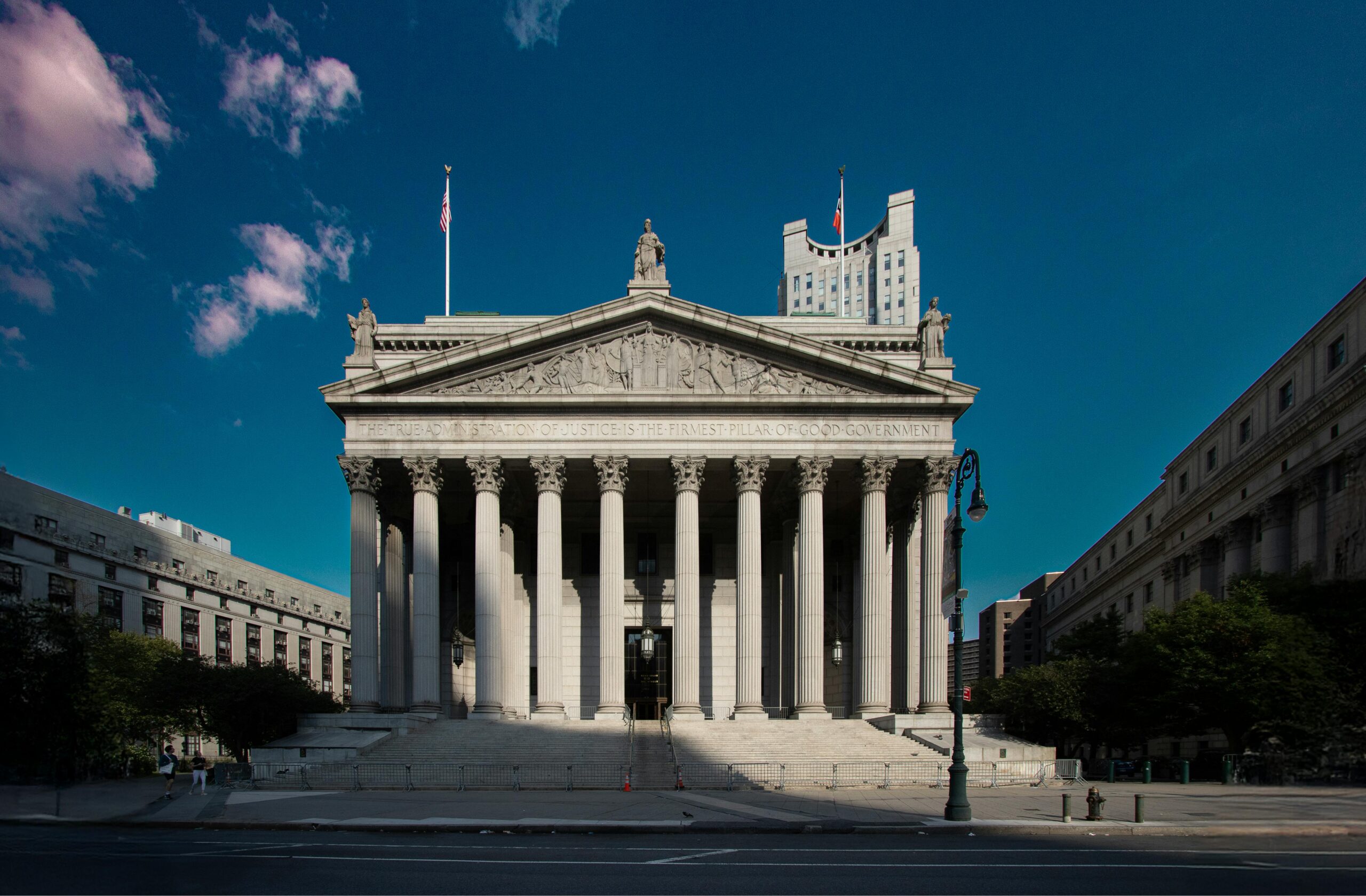
The Supreme Court on Friday handed the White House a significant victory, allowing President Donald Trump to freeze $4 billion in foreign aid payments. The money, which was approved by Congress last year for programs including global health and HIV, has been a key point of contention for the administration, which has been fighting the spending in federal court. The court’s decision could provide the president with a roadmap to cancel more congressionally approved money in the future. The ruling comes as Congress is nearing a deadline to fund the government or risk a shutdown. The court’s three liberal justices, Elena Kagan, Sonia Sotomayor, and Ketanji Brown Jackson, dissented from the decision.
In a brief statement, the court said the Trump administration’s argument that a lower court order would affect its “conduct of foreign affairs” appeared to “outweigh the potential harm” to the nonprofit groups vying for the money. The court also cautioned that its order should not be read as a final determination on the merits of the case.
A Battle Over the Separation of Powers
Justice Kagan, writing for the liberal dissent, rejected the majority’s position. She wrote that a disagreement over the laws “is just the price of living under a Constitution that gives Congress the power to make spending decisions.” She added that the executive branch “cannot be heard to complain…that the laws clash with the president’s differing view of ‘American values’ and ‘American interests.’” Kagan also criticized her colleagues for using the quick-turn emergency docket for a case of such monumental significance, noting that the court had to consider the application in less than three weeks “with scant briefing, no oral argument, and no opportunity to deliberate in conference.”
Nonprofits who receive foreign assistance funding, including several that work in global health, had sued the administration in February, claiming the cuts were an “unconstitutional exercise of executive power.” Scott Roehm, a director at the Center for Victims of Torture, one of the plaintiffs, said that “the administration is abandoning torture victims to serve a naked political agenda, nothing more.”
The Stakes for a Potential Shutdown
The foreign aid case has raised fundamental questions about the president’s authority to freeze money approved by Congress. The litigation has become intertwined with budget negotiations on Capitol Hill and Trump’s effort to cancel the spending through a process known as a “pocket rescission.” Federal law requires the administration to notify Congress if it intends to “rescind” approved funding, and lawmakers then have 45 days to consider the request. In this case, Trump sent the notice just 45 days before the end of the fiscal year, effectively seeking to run out the clock before the funding approvals expire. U.S. District Judge Amir Ali had initially ruled for the groups, but the Trump administration raced back to the Supreme Court with an emergency appeal.
What The Author Thinks
This Supreme Court decision, while framed as an interim ruling, sets a powerful precedent for executive authority. By siding with the President in a dispute over congressionally approved spending, the court has given the White House a new tool to challenge the separation of powers. This decision, coupled with a looming government shutdown deadline, suggests that the executive branch may now be able to use legal challenges to effectively veto spending it disagrees with, a significant shift in the balance of power between the branches of government. It’s a move that could embolden future presidents to unilaterally cut funding for programs they oppose, which raises fundamental questions about the role of Congress in controlling the nation’s purse strings.
Featured image credit: Following NYC via Pexels
For more stories like it, click the +Follow button at the top of this page to follow us.
